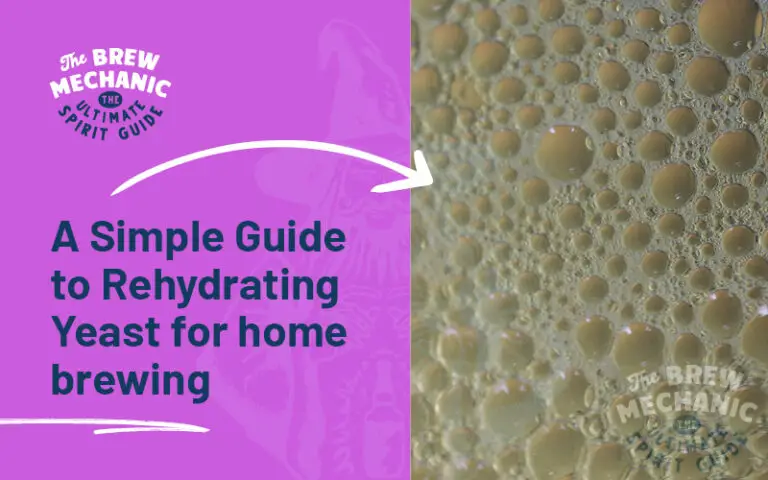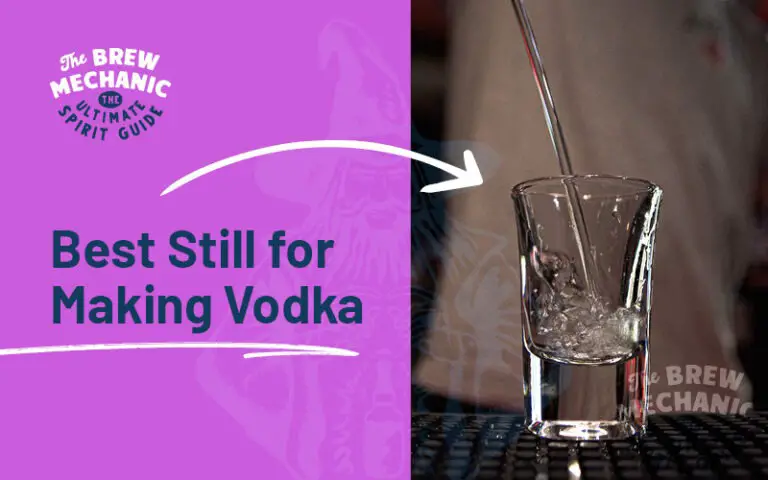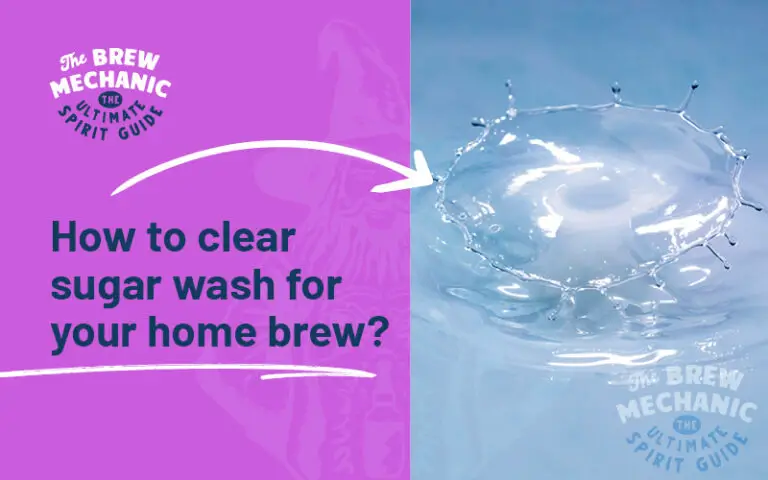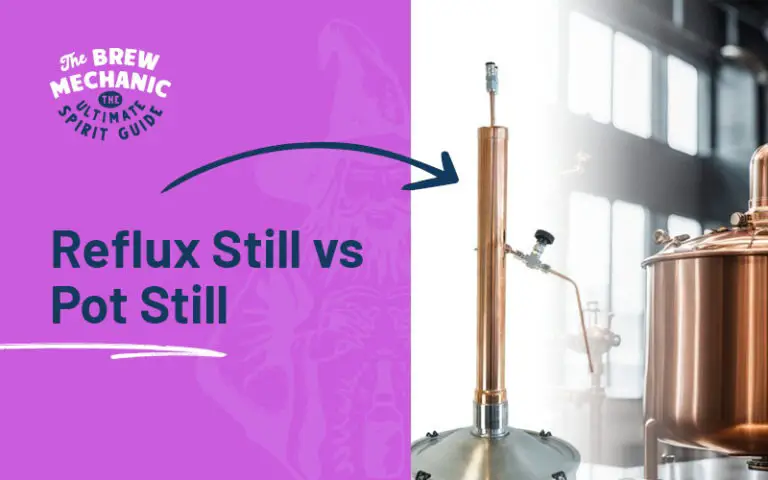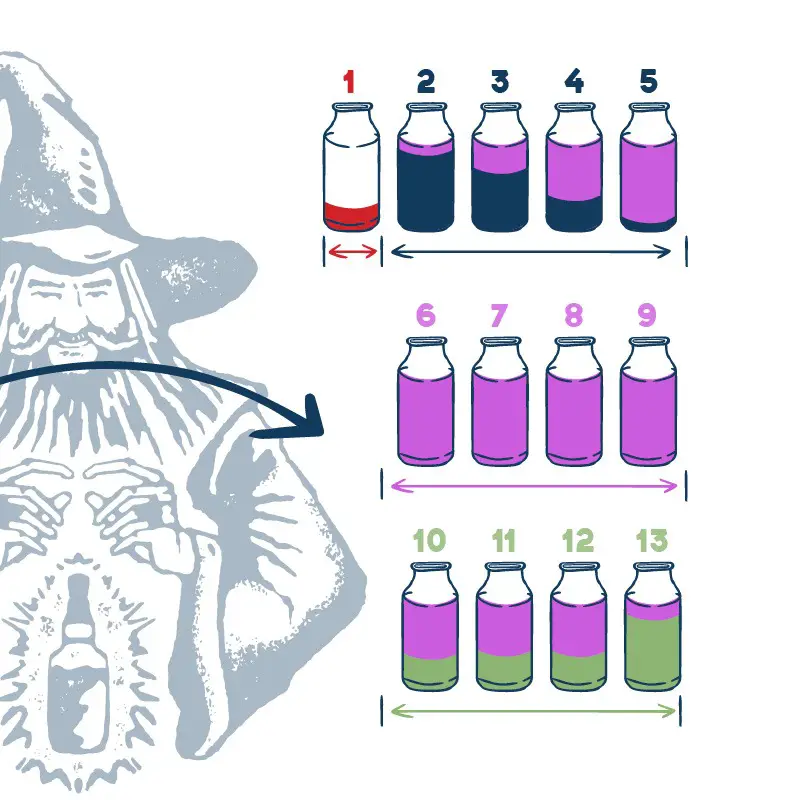To Filter or Not to Filter Your Neutral Spirits with an Activated Carbon Filter for Distilling?
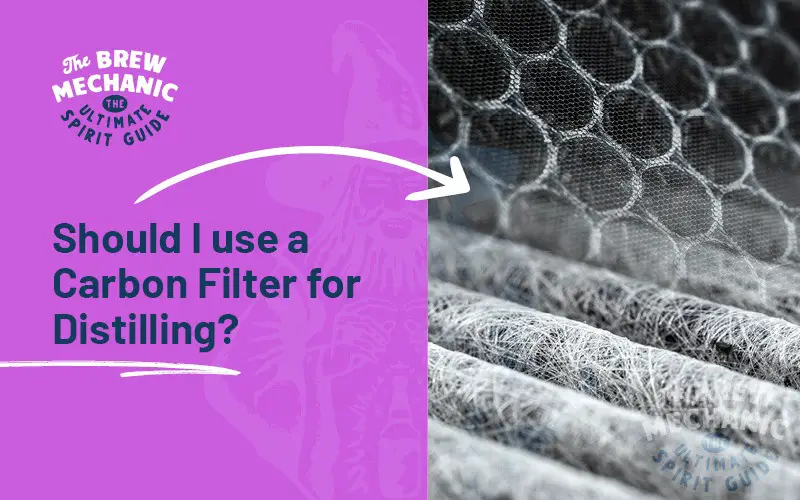
Disclaimer: This post might include affiliate links, through which I may earn a small commission without any extra cost to you. Additionally, I am an Amazon Associate and earn from eligible purchases. All the products and services I suggest are ones I have personally used or would use. Thank you very much for your support if you decide to buy through any of my links!
Come join the Distilling Squad!
Get the best fundamental tips & tricks here. Woohoo!
Distilling your own sugar wash can be a rewarding experience, but achieving a smooth and delicious final product isn’t just about the distillation process. One key decision lies in filtration, specifically, whether to employ an activated carbon filter for distilling.
This guide will explore the pros and cons of filtering your spirits with activated charcoal/carbon, helping you determine if it’s the right choice for your neutral spirits.
Why use a carbon filter for distilling?
A carbon filter for distilling utilises activated charcoal’s immense surface area to attract and absorb unwanted chemicals and impurities like a magnet. In the context of neutral spirits, this removes harsh off-flavours and aromas, leading to a smoother and more neutral product. However, it’s crucial to understand what it removes:
But it’s not a magic bullet:
Considerations before filtering with an activated carbon filter for distilling:
DIY Carbon Filter Options for Distilling:
Carbon filter for distilling is needed by the new distiller
Filtering your sugar wash spirits with an alcohol carbon filter for distilling can be a valuable technique, but it’s not a one-size-fits-all solution. Carefully consider your desired outcome and the type of spirit you’re making before diving in.
Remember, taste should always be your guide. If you’re unsure, experiment with small batches and let your palate decide whether a carbon/charcoal filter is your path to smoother spirits.
Last Updated on Dec 29, 2023 by The Brew Mechanic
Disclosure: I may receive affiliate compensation for some of the links below at no cost to you if you decide to purchase a product or service. You can read our affiliate disclosure in our privacy policy. The information provided is for entertainment only.

With 35 years of knowledge of being a chemical engineer in alcohol manufacturing plants, my mission is to teach the next generation of home distilling alcohol brewers at a supernatural speed.
My reviews are based on real-life experiences with reflux stills, sugar wash, troubleshooting and mystical chemical reactions.

